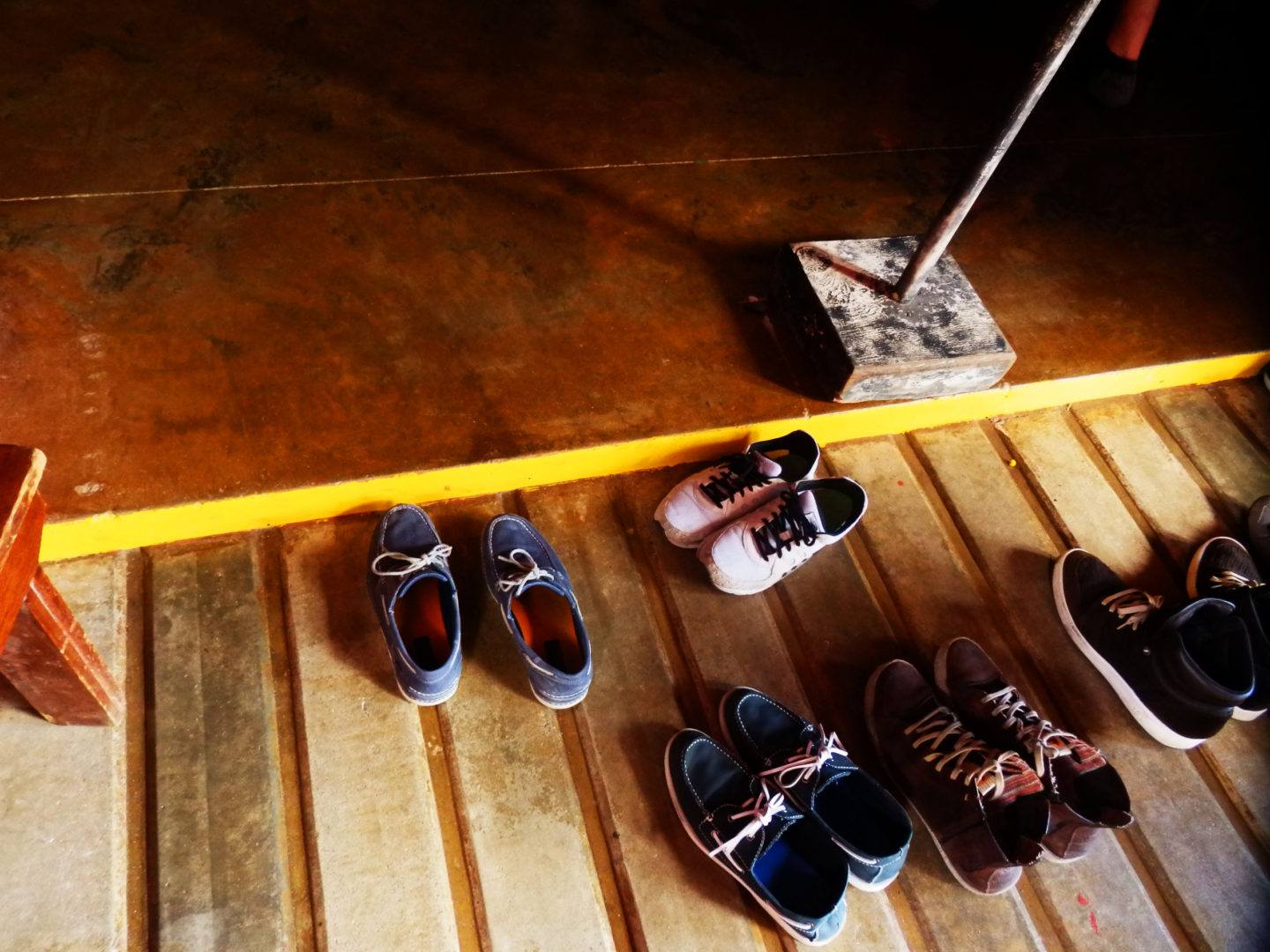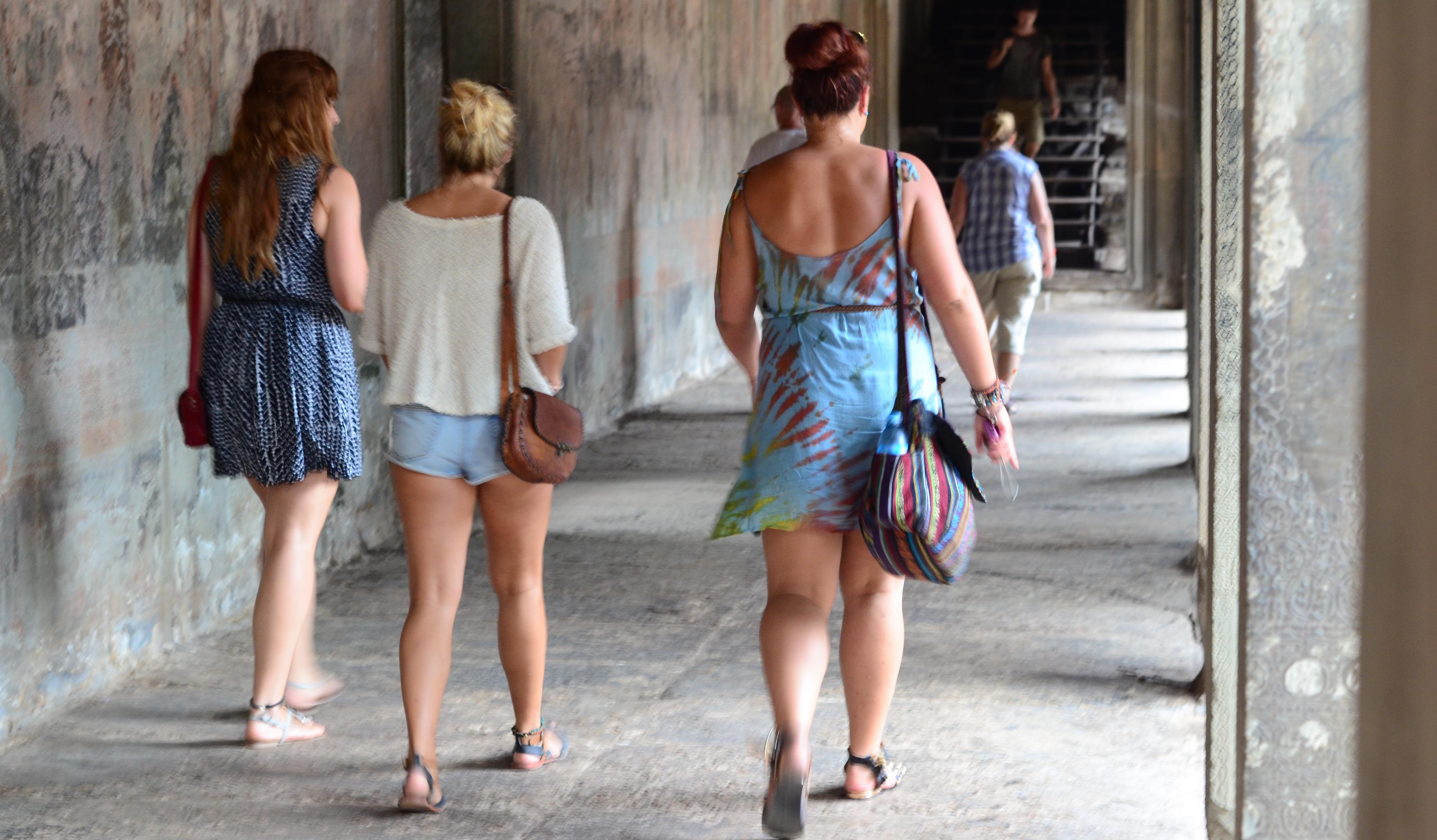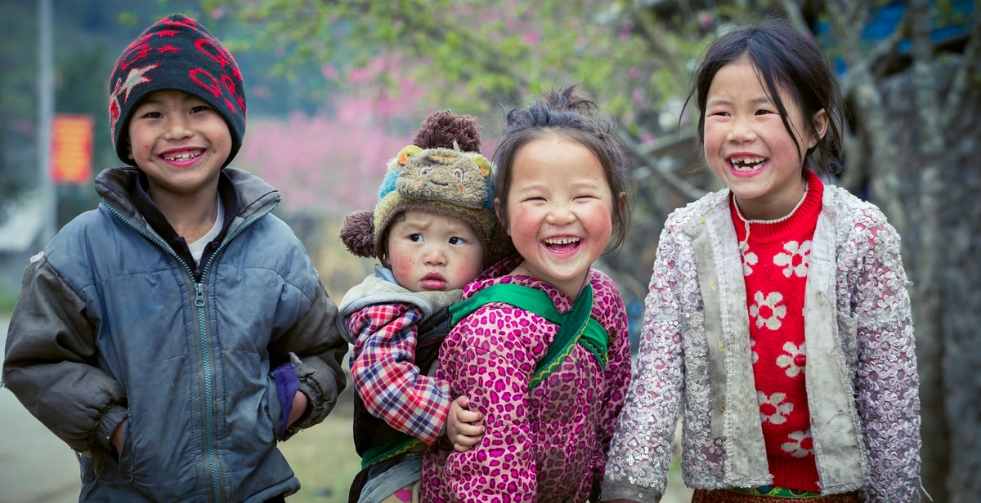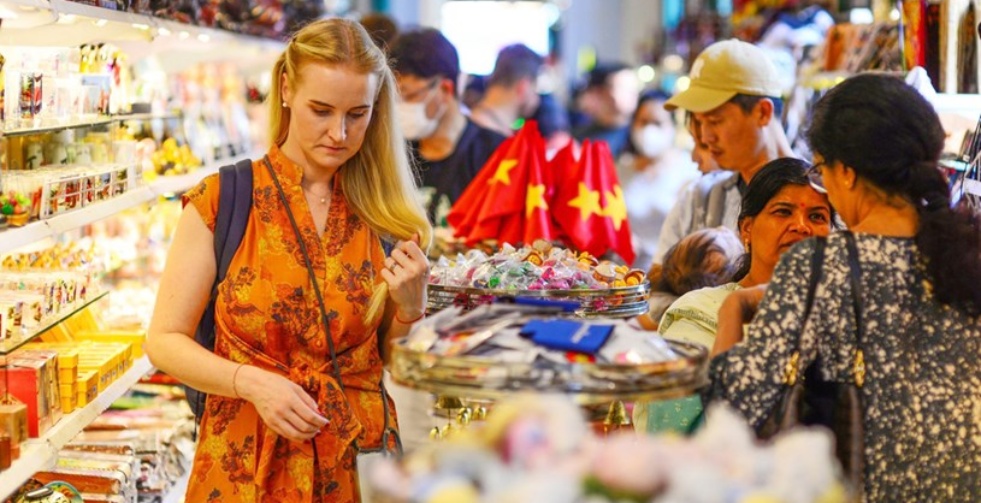Vietnam is a country rich in culture and history, where traditional values are still respected. Knowing the basic dos and don’ts in Vietnam can help you avoid common mistakes and have a smoother Vietnam holiday. Follow Incredible Asia Journeys to see a complete guide with helpful tips on what to do and what to avoid during your Vietnam trip.

Coming to Vietnam like a local
Using simple Vietnamese greetings like "Xin Chào" and "Cảm Ơn" can make locals feel respected and appreciated. A friendly smile and slight nod also go a long way in making a good first impression.
When you give or receive something, especially from elders, use both hands. It shows respect and politeness.
Vietnamese people usually speak calmly and quietly. Try to avoid loud or aggressive tones in public places.
Pointing at someone is considered rude. Instead, use your whole hand to gesture.
The head is seen as the most sacred part of the body, especially for children. Touching someone’s head can be very disrespectful.
Even if you are frustrated, avoid using harsh words or making rude comments.
When visiting religious sites like temples, pagodas, or churches, wear clothes that cover your shoulders and knees. This is a sign of respect for the local culture and traditions.
In many temples, pagodas, and local homes, you need to take off your shoes before entering. It’s a sign of respect and cleanliness.
Choose shoes or sandals that are easy to take off since you may need to remove them often at religious and cultural sites.

Remove your shoes before entering a house
Some religious sites do not permit photography. Always check for signs or ask for permission before taking pictures.
Wearing a hat inside a temple or pagoda can be seen as disrespectful. It’s best to take it off upon entering.
Refrain from touching statues or sacred objects at temples, as this is considered disrespectful.

Don't wear shorts in Pagoda
If you want to give a gift, consider items like local fruits, flowers (but avoid yellow chrysanthemums), or souvenirs from your country. These are appreciated as kind gestures.
In Vietnamese culture, elders are highly respected. Always greet them first and show them the highest level of politeness.
Handing out money or candy to children, especially in rural areas like Ha Giang, can encourage begging and dependency on tourism. Instead, support local schools or charities.
For Example: In some mountainous areas like Sapa, Ha Giang, or Cao Bang, instead of creating children’s dependency on tourism, visitors should consider the saying: “Don’t give a helpless person a fish, teach them how to catch a fish and they will learn for a lifetime”.
Public displays of affection, like kissing or hugging, are frowned upon, especially in rural or traditional areas. Holding hands is usually fine, but anything more may be seen as inappropriate.
Criticizing someone, especially in front of others, can cause them to "lose face," a concept important in Vietnamese culture.

Children in Ha Giang
Store your passport, cash, and other valuables in a secure place, such as a hotel safe. When walking around, carry only what you need and keep bags close to your body.
Traffic in Vietnam, especially in big cities like Hanoi and Ho Chi Minh City, can be chaotic. Walk slowly and steadily when crossing the road, making eye contact with drivers to signal your movements.
Choose well-known travel agencies with good reviews (like those found on TripAdvisor) to avoid issues like poor accommodation or bad service.
Wearing flashy jewelry can attract pickpockets or thieves, especially in crowded areas.
While locals are generally friendly, it’s best to be cautious about accepting food or drink from strangers to avoid scams or health issues.
Both drug use and gambling are illegal in Vietnam and carry severe penalties.
Bargaining is a common practice at markets, especially in places like Hanoi’s Old Quarter or Ben Thanh Market in Ho Chi Minh City. Start with a lower offer and negotiate calmly.
Vendors may not have change for large denominations, so keep small bills handy when shopping or buying street food.
If you don’t agree with the price, it’s better to smile and walk away rather than argue.
Example in Hanoi:
Street vendors may offer tourists items like shoulder baskets for photo ops and then ask for money afterward. Politely decline if you don’t want to buy anything.
While counterfeit goods are common, buying them can lead to trouble with customs when you leave Vietnam.

Shopping in the Vietnam Market
In the case of police checks, having a copy of your passport is helpful. It’s safer than carrying the original document around.
Medical services in Vietnam can be costly, so having travel insurance can save you from unexpected expenses.
It’s illegal to photograph military sites, equipment, or personnel.
In rural areas, staying out late can be unsafe due to limited lighting and transport options.
Public confrontations can attract unwanted attention and may escalate the situation.
Understanding the dos and don’ts in Vietnamese culture will make your trip more enjoyable and help you connect better with the local people. Read carefully the list of Dos and Don'ts in Vietnam. Wish you have a great holiday in Vietnam!